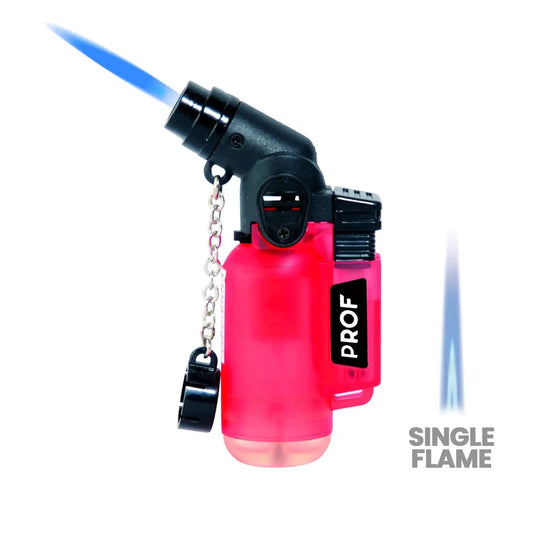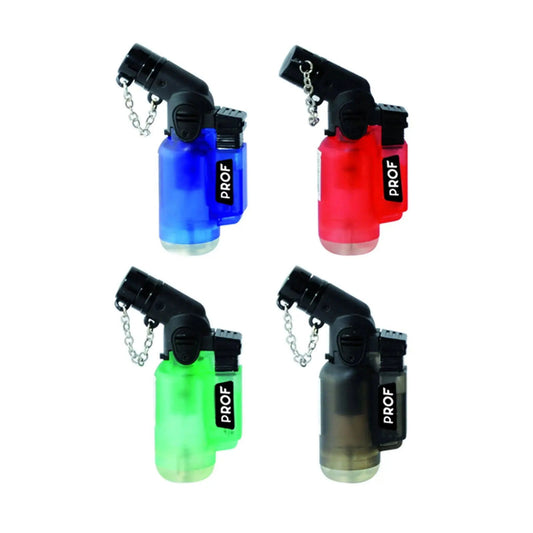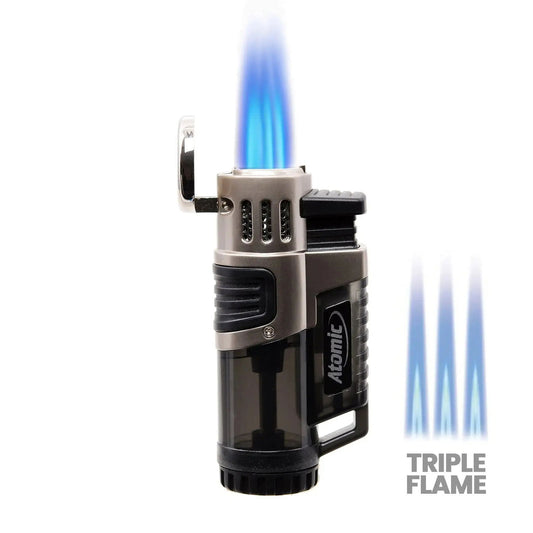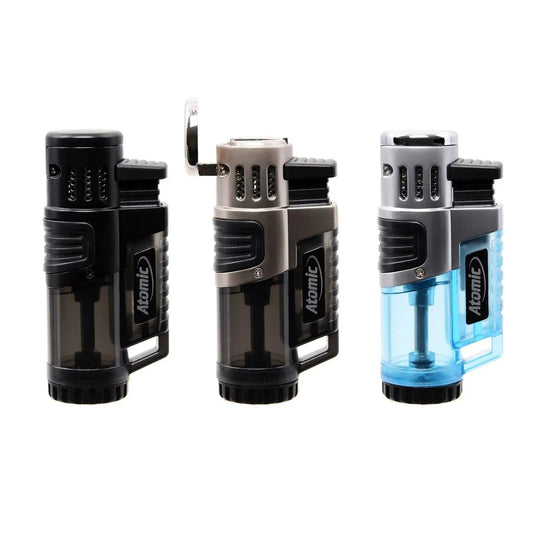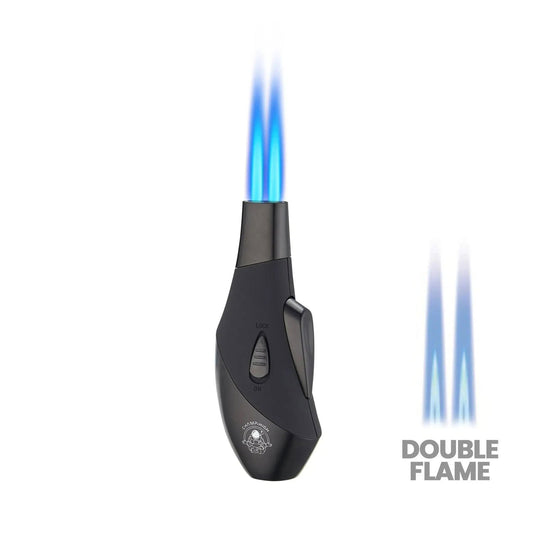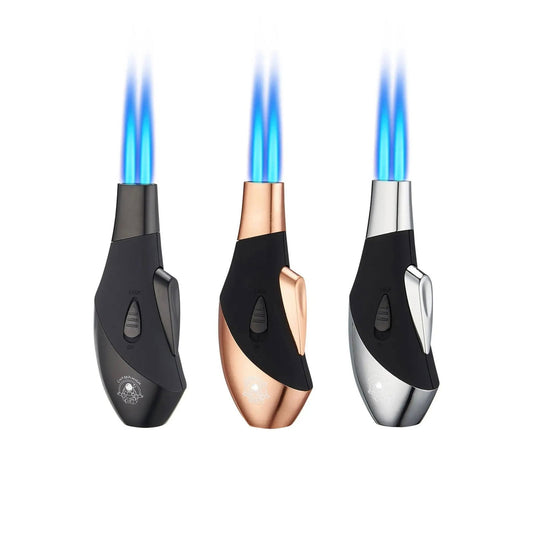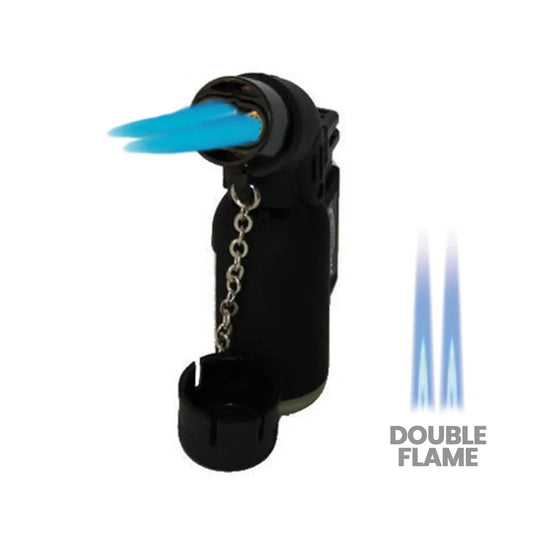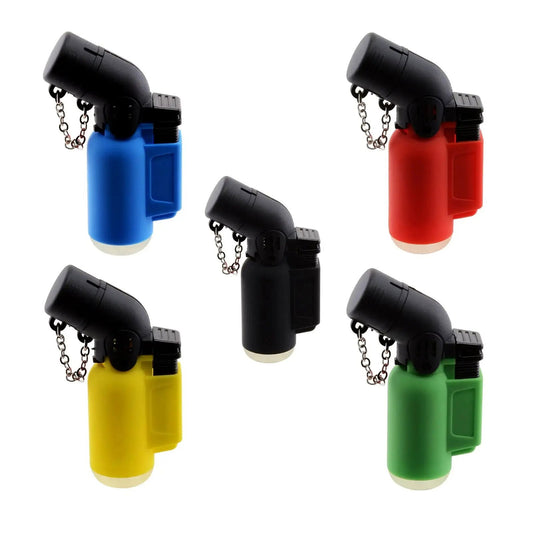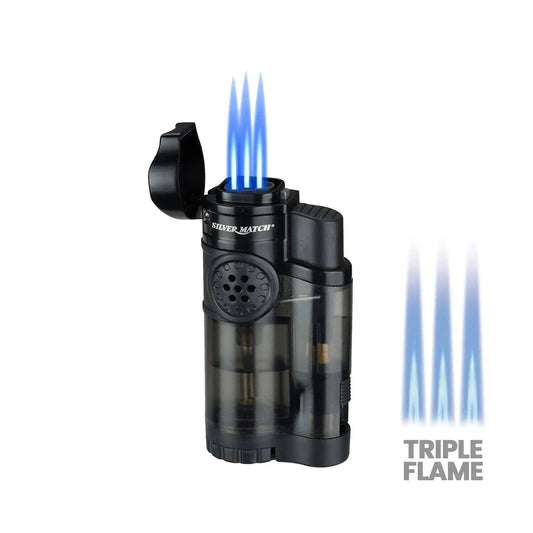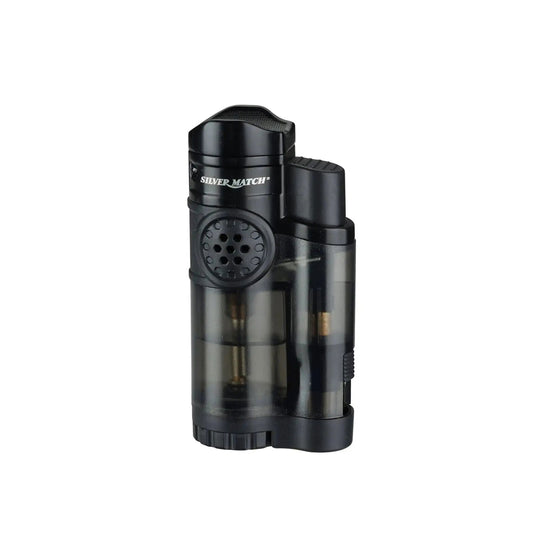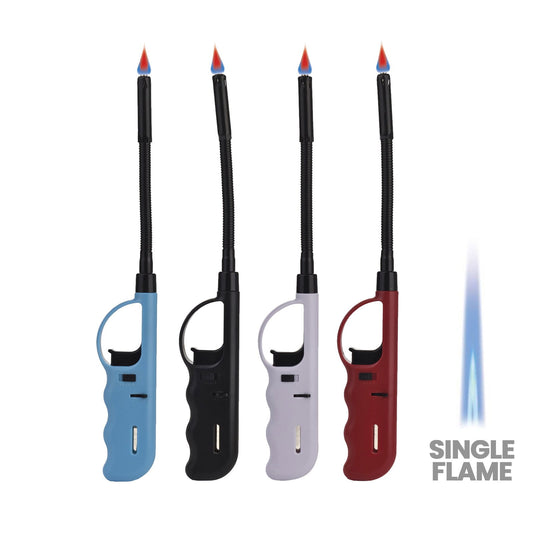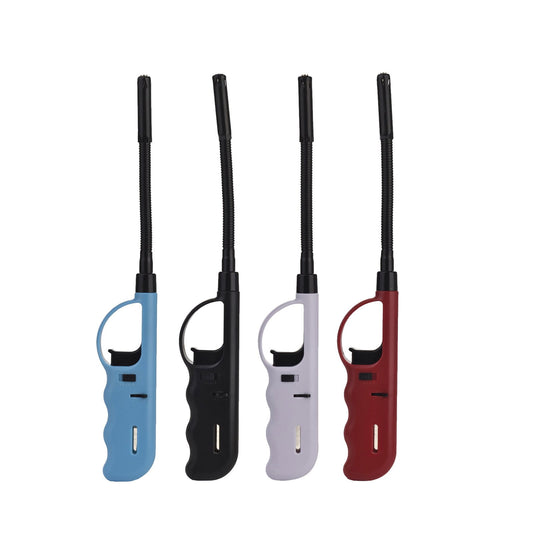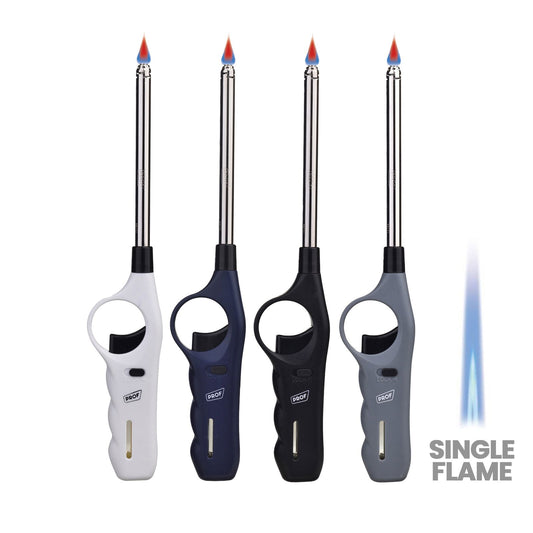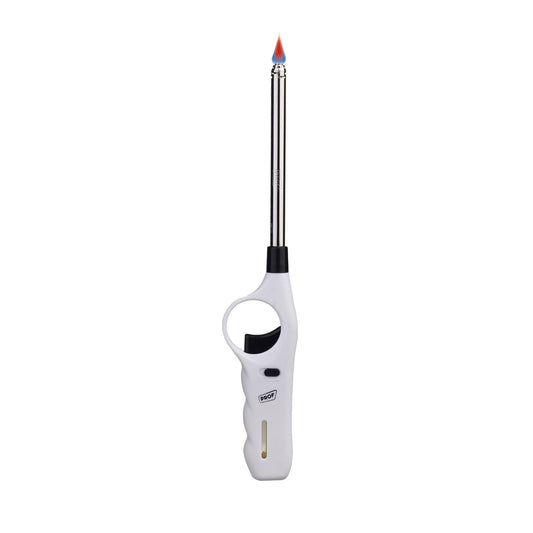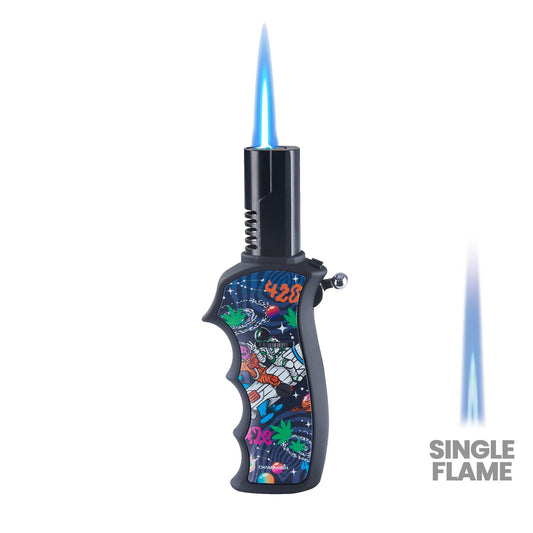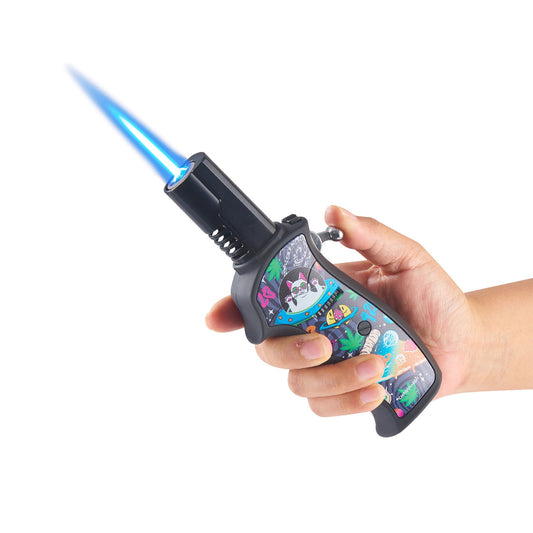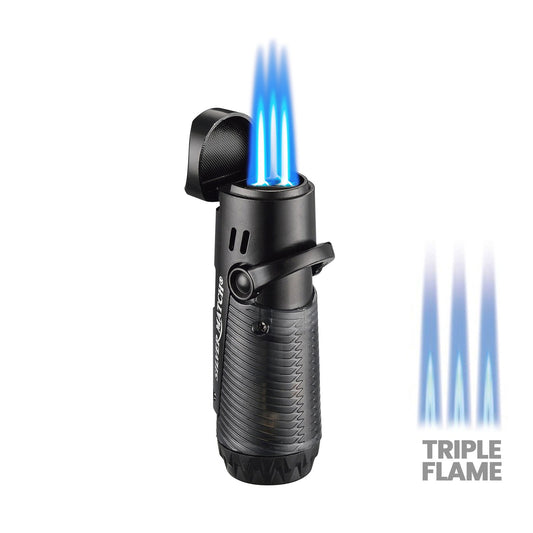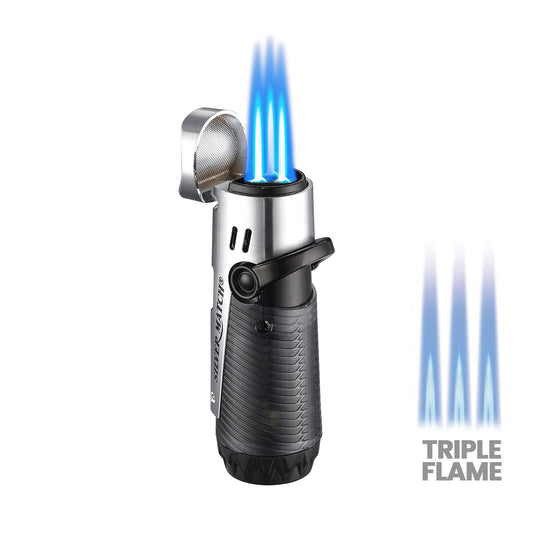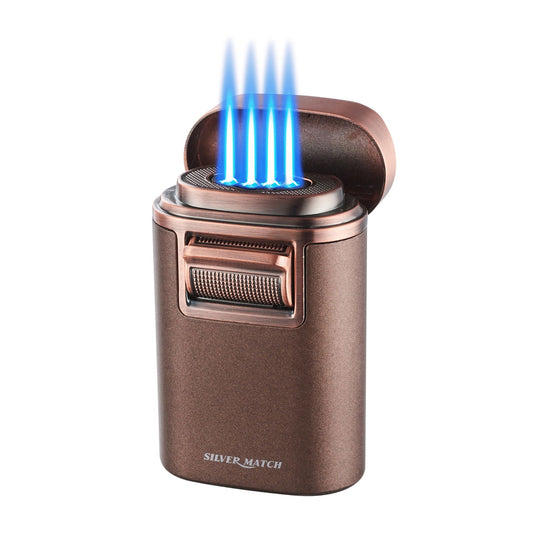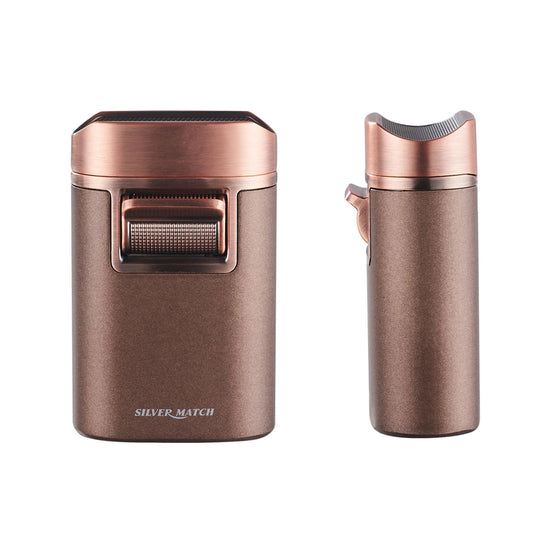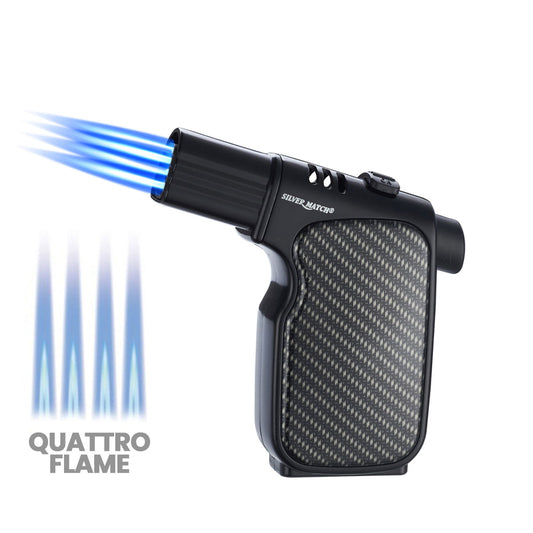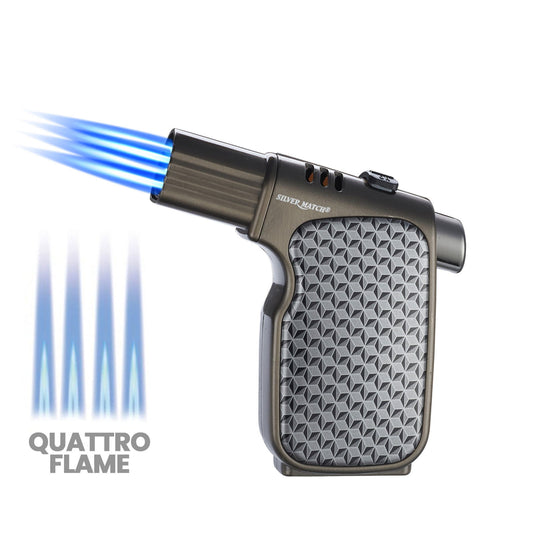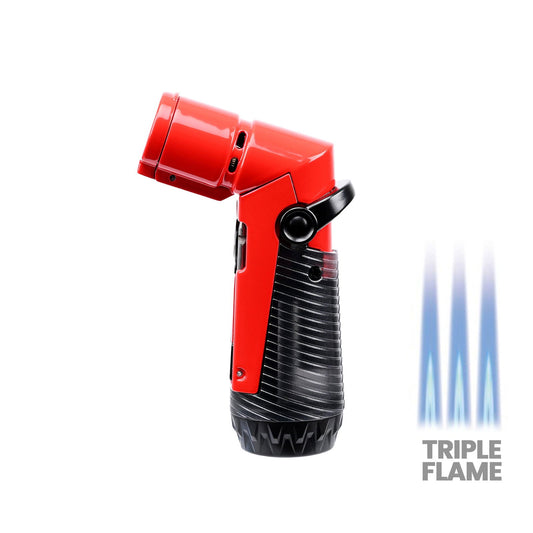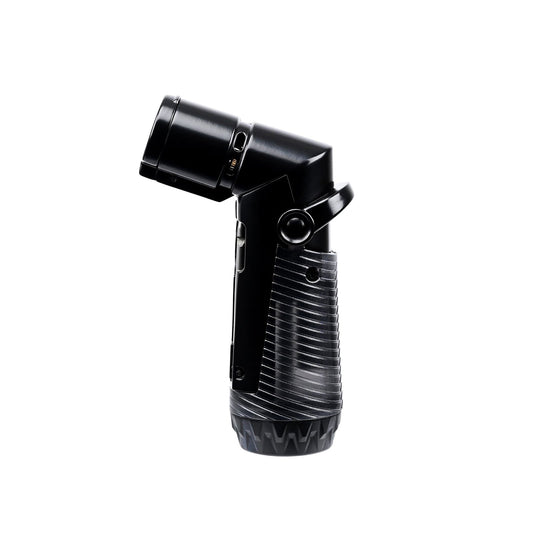
Want to buy a gas burner?
Have you been looking for the perfect gas burner for a long time? Find a perfect match in our range and enjoy top quality with brands such as Champ and Silver Match.
What do you use a gas burner for?
A gas burner is a versatile tool used for various applications in different industries and household situations. Consider a gas burner for cooking, welding and soldering, shrinking and bending pipes, laboratory applications, glass processing or culinary use.
The use of a gas burner can vary depending on the type of fuel used (e.g. propane, butane, natural gas) and the specific purpose or application. It is important to take proper safety precautions when using a gas burner as it can generate high temperatures and be potentially dangerous if not handled correctly.
What kind of gas is in a gas burner?
A gas burner is fueled by either butane or propane gas. These fuels create the flame that is essential for the operation of the gas burner. Butane provides a stable and bright flame, while propane is a powerful energy source. The choice between these gases depends on the specific needs and conditions in which the gas burner is used.
How hot can a gas burner get?
The maximum temperature that a gas burner can reach depends on several factors, including the type of fuel used, the design of the burner, and the gas and air supply settings. In general, gas burners can reach temperatures ranging from about 1,000 to 3,500 degrees Celsius (1,800 to 6,300 degrees Fahrenheit).
Why does a gas burner have a blue flame?
The blue color is created when fuel, such as natural gas, butane or propane, is burned efficiently and completely. In a properly designed and adjusted gas burner, the gas is thoroughly mixed with the correct amount of oxygen before ignition. This is also called a "complete combustion".
Difference between a yellow and blue flame
In many cases, smaller lighters are deliberately designed to have a yellow flame. This has to do with the type of fuel used and the conditions in which these lighters are used.
Small lighters, such as disposable lighters or pocket-sized gas lighters, often use butane gas as fuel. Butane gas tends to vaporize and burn at lower temperatures, which can result in a yellow flame. This is due to the incomplete combustion of some hydrocarbons in the gas. It may also have to do with the fact that these lighters are often not as optimized for complete combustion as larger, more specialized burners.
For small lighters, the main purpose is to generate a flame capable of igniting something such as a candle, cigarette, or stove. The aesthetic aspect of the flame color is often less important than its functionality. Therefore, it is sometimes accepted that the flame in smaller lighters may be yellow.


